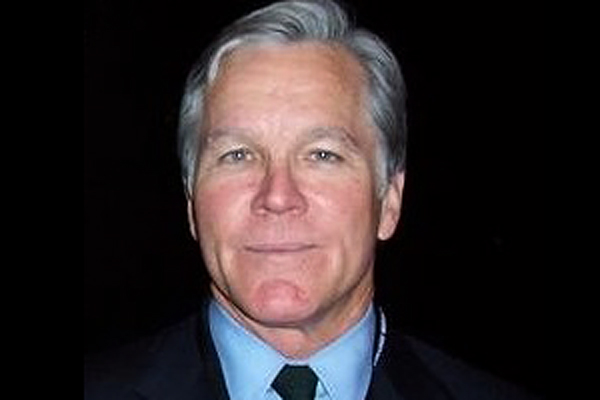The executive editor of The New York Times, Bill Keller, will step down this summer after eight years on the job and will be replaced by managing editor Jill Abramson, who will become the first woman to hold the newspaper’s top editing post.
Keller, 62, who presided over the newsroom during a time of enormous change within the industry, will stay on as a full-time writer for The New York Times Magazine and the newspaper’s Sunday opinion and news section, the Times announced Thursday.
“Bill came to me several weeks ago and told me that he felt the time had come for him to step down from the role of executive editor,” Times chairman and publisher Arthur Sulzberger Jr. said in a statement. “I accepted his decision with mixed emotions.”
Abramson, 57, joined the Times in 1997 after working for nearly a decade at The Wall Street Journal. She was the Times’ Washington editor and bureau chief before Keller picked her to become the managing editor in 2003.
She said in a statement that she was grateful for the opportunity to lead the paper, calling it “a dream job.”
Dean Baquet, now an assistant managing editor and Washington bureau chief at the paper, will succeed Abramson as managing editor.
The Times said the changes are effective Sept. 6.
Keller, who won a Pulitzer Prize as a Times reporter for his coverage of the collapse of the Soviet Union, took over as the top editor in 2003 in the wake of a plagiarism scandal involving reporter Jayson Blair. His initial tasks included healing the damage from that episode and dealing with the industry’s painful transition as the finances of print newspapers eroded and readers increasingly got their information online.
During Keller’s tenure, the Times continued its tradition of prize-winning coverage and engaged in confrontations with two presidential administrations over state secrets. During the presidency of George W. Bush, the Times revealed efforts by the National Security Agency to monitor phone calls without warrants — though only after holding the piece for a year. During Barack Obama’s tenure, it published secret U.S. diplomatic cables and military communications obtained by WikiLeaks.
Under Keller, the paper also undertook some belated soul searching about the accuracy of its previous coverage during the run-up to the Iraq war, during which it published stories by reporter Judith Miller about the alleged presence of weapons of mass destruction that were later discredited. Later, the paper defended Miller in court after she was jailed for refusing to cooperate with an investigation into the identity of a government official who revealed the name of CIA agent Valerie Plame.
With Abramson’s assistance, Keller also guided the paper’s editorial staff through a period where the Times struggled to avoid the staffing cutbacks that have whittled the size other news organizations. Revenue at The New York Times Media Group has plunged by 24 percent since the end of 2005, prompting staff cuts of 1,700 people since 2006.
One of the several Pulitzer Prizes won by the Times on Keller’s watch came as a result of publishing investigative reporting by the nonprofit group ProPublica — an outside collaboration that would have been unheard of in the past.
Keller said in a statement that it had been a “privilege to work alongside the world’s finest journalists during these exhilarating years of tumult and transformation.”
“I wanted to move on when the newsroom felt strong in its journalism and secure in its future,” he said.
——
AP Business Writer Michael Liedtke in San Francisco contributed to this report.

